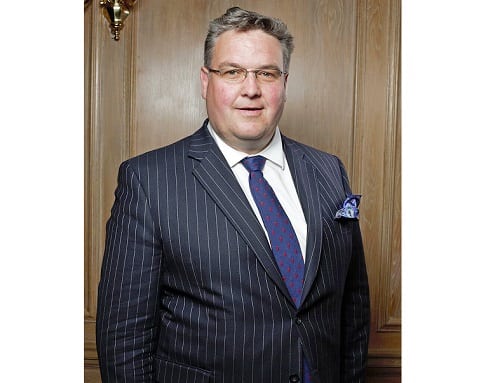Commercial property landlords are being warned they face fines of up to £150,000 if they do not comply with the government’s new energy efficiency regulations.
But an independent property tax specialist says there is a silver lining to the strengthened Minimum Energy Efficiency Standard (MEES) legislation.
Landlords are no longer able to let energy-inefficient commercial space – those with an Energy Performance Certificate (EPC) of F or G – without making improvements.
All but a small minority of exempted buildings – commercial and residential – are required to have EPCs; with A being the most energy efficient and G the worst for our environment.
Penalties for non-compliance with MEES regulations – introduced to help combat global warming – are substantial, ranging from £5,000 to a maximum of £150,000.
Alun Oliver, managing director of award-winning DCCI member E3 Consulting, says there are considerable tax breaks applicable for bringing energy-inefficient buildings up to scratch.
He said: Approximately 18 per cent of commercial properties in England and Wales have an EPC rating of F or G and since April 1 landlords of these now sub-standard buildings have been unable to let them on new leases without remedial action.
“Although in a small minority of cases the situation can be easily rectified, most F and G rated properties will require a degree of refurbishment and modernisation before a new lease can be granted.”
Mr Oliver, who founded E3 Consulting – which has second base in London and operates nationally – in 2003, said some landlords had elected to buy themselves time by simply extending current leases.
He added: “However, from April 1 2023 all non-domestic buildings will have to comply with a rating of E or better to be legally let at all – irrespective of the lease term.”
Mr Oliver said Enhanced Capital Allowances (ECAs) could provide 100 per cent tax relief on certain energy efficient and water conservation expenditure.
“This is a useful opportunity to combine energy efficient improvements and refurbishment programmes, which not only increases asset value, but also can lead to higher rents.
Allowable categories include low-energy LED lighting, low-flow taps, showers and WCs, some heating, ventilation and air-conditioning systems, pumps and motors, plus more traditional improvements such as replacing double or triple glazed windows or adding external thermal renders or cladding.
